NEW YORK, N.Y., USA: PBS recently aired “Dollars and Dentists,” a documentary produced by Frontline and the Center for Public Integrity, about what it termed a dental crisis in America. The program exposed gaps in access to care, and it underscored the plight of the poor, who cannot afford treatment. After the program aired, several dental organizations issued responses.
According to the program, finding a dentist can seem next to impossible for about a third of the American population, especially those who live in rural areas and whose income put them at or below the poverty line. More than 49 million people currently face difficultly finding care, according to the Department of Health and Human Services.
A separate analysis by the Pew Center for the States found that more than 17 million low-income children go each year without receiving any dental care.
“The dental system that we have works pretty well for most people, particularly those who have money and transportation and don’t need very much,” Shelly Gehshan, director of the Pew Children’s Dental Campaign, told PBS. “But if you are anyone else — if you are in an institution, a nursing home, a prison, if you have special needs of any sort, if you are a young child, if you’re a low-income person, rural, if you’re in that one-third of the population, it’s not so much that the system is broken, I would say there isn’t one for them.”
In a statement issued after the program aired, the American Dental Association (ADA) responded.
“The needless suffering caused by untreated dental disease that could have been prevented or easily treated in its early stages is unacceptable,” ADA said. “Coverage by PBS’s ‘Frontline’ and other media can increase awareness of this ongoing tragedy and, we hope, the political will to do something about it.”
“We must not let a few bad actors tarnish the work of thousands of honest, caring dentists who treat Medicaid patients, often for break-even or even negative revenues,” ADA said. “They do so because they feel a responsibility to provide care to people whose economic circumstances would otherwise prevent them from receiving it. Further, many dentists who cannot afford to participate in Medicaid or wrestle with its often onerous paperwork instead treat needy patients for free. One estimate has U.S. dentists providing some $2.6 billion in free or discounted care in a single year.”
“There are right ways and wrong ways to improve access to dental care in America,” ADA said. “The right way is to understand that while oral health care is essential, the ultimate goal is oral health. The right way is to recognize that there are multiple barriers that impede tens of millions of Americans from attaining optimal oral health, including geography, culture, language, poverty and, in the larger sense, a societal failure to value oral health. Taking on just one of them won’t work; we must continue to approach the problems holistically.”
According to PBS piece, more than 100 million Americans currently do not have dental insurance and cannot afford treatment. “Dollars and Dentists” attributed this lack of patient care to the Medicaid system, stating that it did not provide enough of a profit margin to dentists treating children at Medicaid rates.
“I am concerned by business models that emphasize production quotas and do not individualize treatment for every patient,” said AGD President Dr. Jeffrey M. Cole, in a written statement issued after the program aired. “The focus becomes the company’s revenue rather than personalized care. Each patient deserves the type of time and attention provided by the traditional dental team business model, which promotes better oral health.”
In its Barriers and Solutions to Accessing Care white paper, the AGD renewed its call for proven dental care solutions and quality care, which were originally outlined in its 2008 White Paper on Increasing Access to and Utilization of Oral Health Services. The AGD has long called for an increase in Medicaid reimbursement rates, greater efforts to improve oral health literacy and education, expansion of water fluoridation, and the creation of loan forgiveness programs for dentists working in underserved areas, among numerous other solutions that preserve the focus of providing quality care to each individual patient.
“Although complex in nature, this issue is not so complex that it cannot be solved,” Cole said. “The dental community needs the cooperation of key decision-makers to help organized dentistry move forward and implement the solutions that will lead to better oral health for all Americans. That is what any dentist — and any AGD member — would want.”
Also responding was the American Dental Hygienists’ Association (ADHA), the largest national organization representing the professional interests of more than 150,000 dental hygienists across the country.
“The access to care crisis in America is complex and requires a myriad of solution strategies to create a true system of quality oral health care that is lacking today, the ADHA said in a written statement. “ADHA believes that part of the solution to this multifaceted access problem, which addresses both cost and access to care, is the utilization of mid-level dental providers. ADHA advocates for a blended, dental hygiene-dental therapy-based model that builds upon the prevention knowledge base of a dental hygienist and the restorative skills of a dental therapist.”
Currently, 15 states recognize dental hygienists as Medicaid providers, something that both ADA and AGD oppose.
(Sources: PBS.org, ADA, AGD, ADHA)
CHICAGO, Ill., USA: In a news release issued today (Aug. 12, 2020) the American Dental Association (ADA) said that it “respectfully yet strongly disagrees...
NEW YORK, N.Y., USA: Following news that a dentist in the Tulsa, Okla., area may have exposed thousands of his patients to communicable diseases because of ...
I am happy to report that Dental Tribune has received many provocative responses (some of which appear below) to the opinion piece by Louis Malcmacher, DDS,...
NEW YORK, NY, USA: The Dental Trade Alliance Foundation supports innovative programs designed to increase the effectiveness of the oral health care system ...
NEW YORK, N.Y., USA: Henry Schein Inc. recently donated more than 25,000 toothbrushes to Timmy Global Health, a non-profit organization that leads teams of ...
HOUSTON, Texas, USA: In March of 2020, Forward Science, a privately held MedTech company founded in Stafford, Texas, began utilizing its FDA-regulated ...
MELVILLE, N.Y., USA: Henry Schein Inc.’s “Think Pink, Practice Pink” cause-related marketing program contributed more than $173,000 to ...
“Stacey” was in desperate need of help, but her situation seemed hopeless. With her father in prison and an absentee mother who is addicted to drugs, ...
Portland, Maine, USA: University of New England (UNE) envisioned a need for a College of Dental Medicine to serve the northern New England region. To make ...
The Association of Dental Support Organizations (ADSO) is holding its 2022 ADSO Summit today (March 29) until Friday, April 1, at the JW Marriott in Austin,...
Live webinar
Wed. 11 February 2026
12:00 PM EST (New York)
Prof. Dr. Samir Abou Ayash
Live webinar
Fri. 13 February 2026
12:00 PM EST (New York)
Live webinar
Mon. 16 February 2026
12:00 PM EST (New York)
Live webinar
Tue. 17 February 2026
12:00 PM EST (New York)
Live webinar
Wed. 18 February 2026
9:00 AM EST (New York)
Dr. Anna Lella, Ms. Francesca Nava
Live webinar
Wed. 18 February 2026
12:00 PM EST (New York)
Prof. Dr. João Caramês CODE expert, Dr. Robert Gottlander DDS
Live webinar
Mon. 23 February 2026
3:00 AM EST (New York)
Ass. Prof. Elizabeth Shick, Dr. Zehra Yonel



 Austria / Österreich
Austria / Österreich
 Bosnia and Herzegovina / Босна и Херцеговина
Bosnia and Herzegovina / Босна и Херцеговина
 Bulgaria / България
Bulgaria / България
 Croatia / Hrvatska
Croatia / Hrvatska
 Czech Republic & Slovakia / Česká republika & Slovensko
Czech Republic & Slovakia / Česká republika & Slovensko
 France / France
France / France
 Germany / Deutschland
Germany / Deutschland
 Greece / ΕΛΛΑΔΑ
Greece / ΕΛΛΑΔΑ
 Hungary / Hungary
Hungary / Hungary
 Italy / Italia
Italy / Italia
 Netherlands / Nederland
Netherlands / Nederland
 Nordic / Nordic
Nordic / Nordic
 Poland / Polska
Poland / Polska
 Portugal / Portugal
Portugal / Portugal
 Romania & Moldova / România & Moldova
Romania & Moldova / România & Moldova
 Slovenia / Slovenija
Slovenia / Slovenija
 Serbia & Montenegro / Србија и Црна Гора
Serbia & Montenegro / Србија и Црна Гора
 Spain / España
Spain / España
 Switzerland / Schweiz
Switzerland / Schweiz
 Turkey / Türkiye
Turkey / Türkiye
 UK & Ireland / UK & Ireland
UK & Ireland / UK & Ireland
 International / International
International / International
 Brazil / Brasil
Brazil / Brasil
 Canada / Canada
Canada / Canada
 Latin America / Latinoamérica
Latin America / Latinoamérica
 China / 中国
China / 中国
 India / भारत गणराज्य
India / भारत गणराज्य
 Pakistan / Pākistān
Pakistan / Pākistān
 Vietnam / Việt Nam
Vietnam / Việt Nam
 ASEAN / ASEAN
ASEAN / ASEAN
 Israel / מְדִינַת יִשְׂרָאֵל
Israel / מְדִינַת יִשְׂרָאֵל
 Algeria, Morocco & Tunisia / الجزائر والمغرب وتونس
Algeria, Morocco & Tunisia / الجزائر والمغرب وتونس
 Middle East / Middle East
Middle East / Middle East


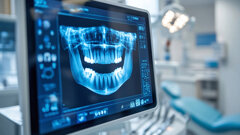
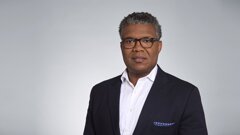
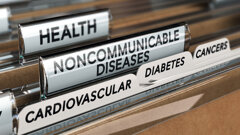



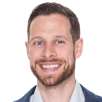

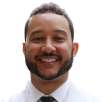

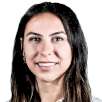

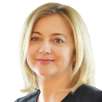













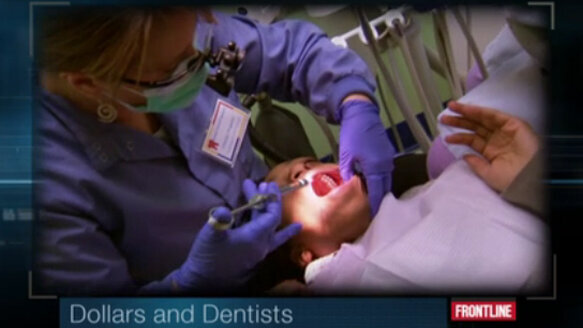



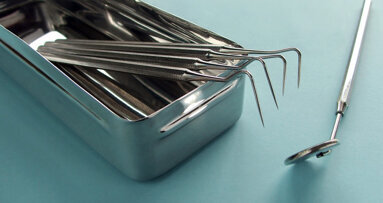
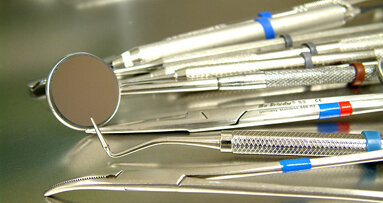
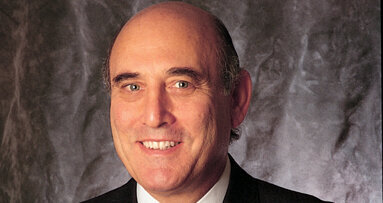
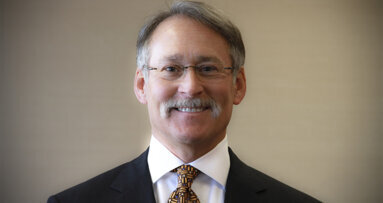
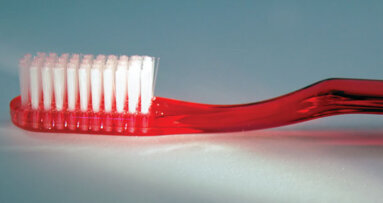
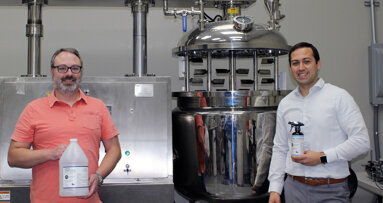
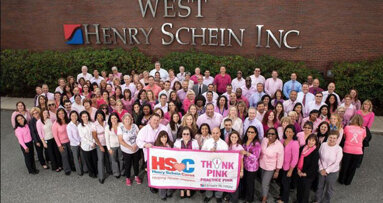
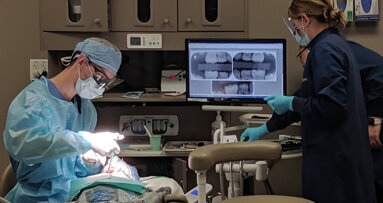
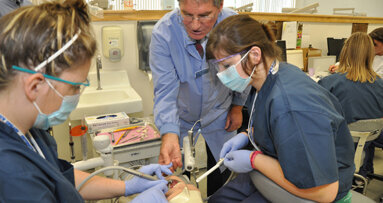


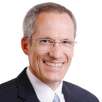
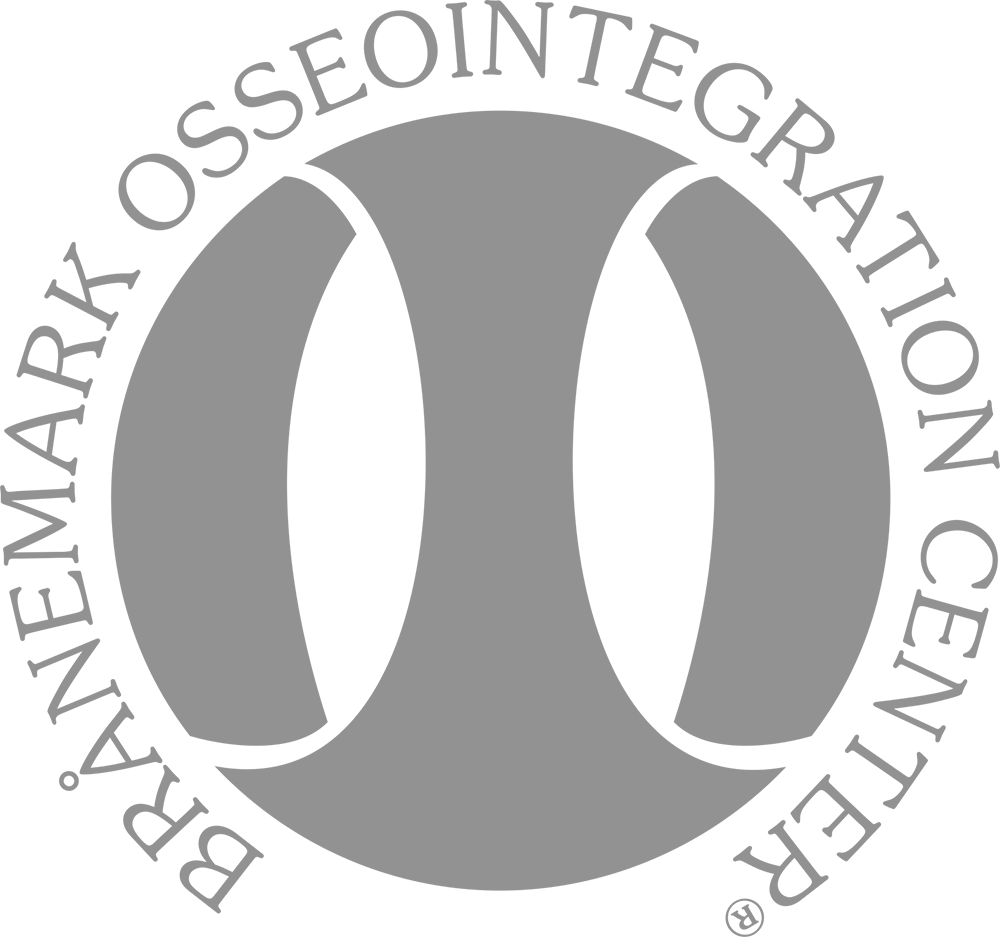
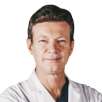
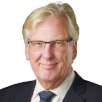
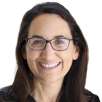











To post a reply please login or register